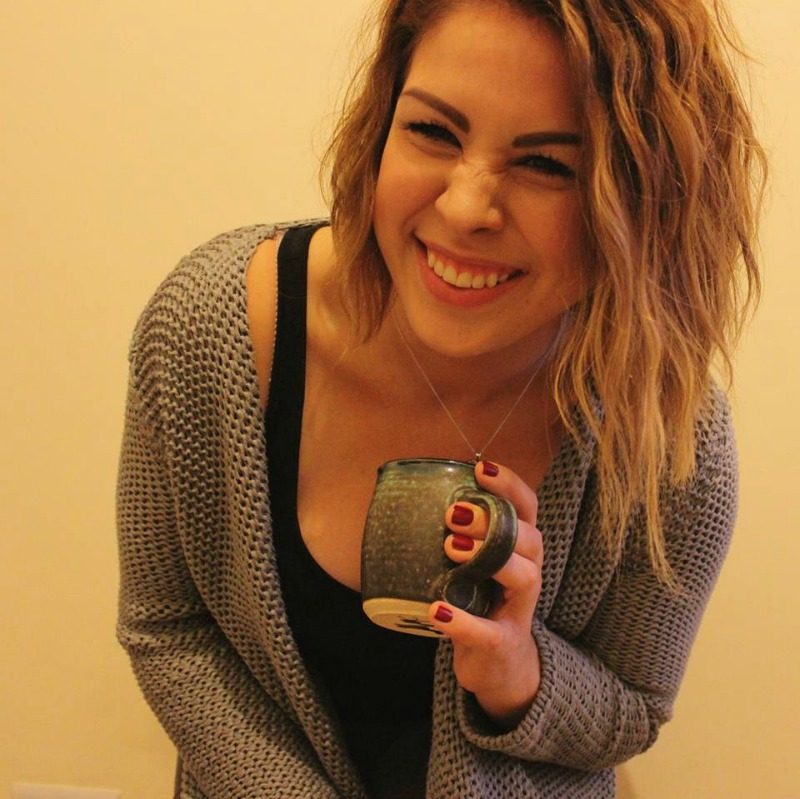The consultant and co-chair of OUT@WTW Network chats to myGwork about diversity at work and being a proud out role model.
The myGwork team met Zoe Burdo, a consultant and co-chair of OUT@WTW Network – Willis Towers Watson’s LGBT employee network – and discussed diversity, being a role model and proudly out.
myGwork: Who runs the LGBT+ network?
Zoe Burdo: Several LGBT+ networks cover different geographic regions around the world. There are four of us who co-chair the UK and Western Europe network and we are currently in the process of forming a wider committee across the region to get more involved to help us define and achieve our objectives and goals.
What are your main achievements with the OUT@WTW Network?
We marched in our first London Pride parade in 2015 as Towers Watson, and in 2016 as Willis Towers Watson. This was a major accomplishment for the company and gained a lot of visibility.
We’ve made huge strides in starting conversations, engaging senior allies and raising visibility. Over the last few years we built up a good deal of momentum to take on bigger projects and continue to make positive impacts.
What are the next steps you wish the network to take?
Now that we have raised our profile within the company, I would like to collaborate more with other WTW employee inclusion networks and wider industry groups. The financial services industry has historically fallen behind on LGBT+ and women’s issues; we have a responsibility to drive inclusion initiatives forward, embrace the benefits of a diverse workforce and pave the way to more passionate and engaged leadership across the industry.
The proportion of LGBT+ people who go back into the closet when they enter the workplace is staggering (up to 60%). We must go beyond changing individual company cultures. The more we can join to empower young LGBT+ people and create a working environment where people feel comfortable and confident to be themselves, the better we will be as a society.
How is it to run OUT@WTW in a male dominated environment/industry?
This year is the first time that our network has had a female dominated leadership team. We have faced some scepticism, but I take it as an opportunity. Our biggest challenge is getting a more diverse committee in place with broader trans and multicultural representation.
Have you always been out at work?
I immediately joined out the LGBT+ employee network and got involved with the committee and actively campaigned and sent emails round my entire department about Pride. So I was not only out when I started at WTW, but proudly out. It isn’t a one-off battle, though; I’ve now been here for almost three years and still have colleagues that make incorrect assumptions about who I date. Since sexuality is invisible, it can unfortunately feel as though the only options you have are to either be in the closet, or vehemently out. The more conversations we initiate, the more visible the LGBT+ and ally presence becomes in the industry. The more we encourage people to stop making assumptions about sexuality and gender, the less polarised these options will become.
Why is it important to bring your whole self to work?
It is incredibly important to feel accepted and comfortable at work. There are countless detriments to mental health, productivity and achievement that come with hiding who you are. The more confident you are in yourself, the more time you spend focusing on your job. We know diverse groups are better decision makers, and being able to assertively bring your views and opinions to the table makes your contributions more powerful and influential.
How do you see yourself as a role model for other lesbian, bi, trans and straight women in the city?
There are two types of a role model. You can live your life with integrity and proudly embody the cause you represent. You can set a positive example and show others that you can achieve your goals without compromising your values, or you can be a leader and encourage comfort, strength and action in others by being a spokesperson and advocate for your cause.
What makes a truly great role model is someone who can relate and embrace the fact that the path isn’t always easy and that no one is immune to weakness and discouragement; someone who proves that strength sometimes requires flexibility and ongoing perseverance.
There are many role models in the industry who have been working tirelessly to challenge the status quo and achieve equal representation for women in the City. I cannot even begin to compare myself to these incredible individuals, but I do think each one of us should endeavour to be the best role model we can be. We should strive to be both positive examples for others and active, vocal advocates. It is a constant learning process and I try to improve every day. If we can encourage the industry to be more inclusive and help women and LGBT+ youth feel more welcome and confident at work, we are doing something right.
If you’d like to work in a truly inclusive environment, you can apply now for jobs at Willis Towers Watson!
Willis Towers Watson is a corporate member of myGwork, the networking and recruitment platform for LGBT+ professionals and graduates.
Only reading DIVA online? You're missing out. For more news, reviews and commentary, check out the latest issue. It's pretty badass, if we do say so ourselves.
divasub.co.uk // divadigital.co.uk
